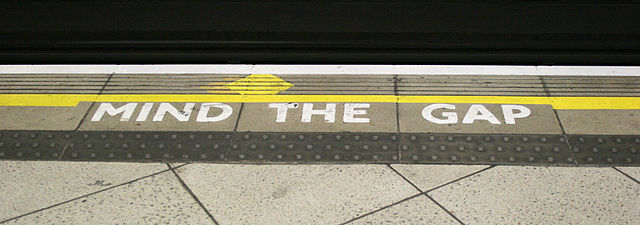 The weather outside may be frightful, but BIFHSGO’s delightful meeting this Saturday, 13 January, goes ahead totally online. Let it snow, let it snow, let it snow!
The weather outside may be frightful, but BIFHSGO’s delightful meeting this Saturday, 13 January, goes ahead totally online. Let it snow, let it snow, let it snow!
Here are the meeting details straight from the BIFHSGO website.
Back to Basics: Scotland / 9 a.m. EST
Presenter: Ken McKinlay
In this Back to Basics session we will be looking at the various collections and sites that can help us research our kin who came from Scotland.
You’ve Got Mail: Rent and Associated Agricultural Terminology in Scottish Records, circa 1500-1750 / 10 am EST
Presenter: Robert Urquhart
Family historians, when researching Scottish ancestry, come across terms covering agricultural weights and measures for produce and livestock in diverse records such as testaments, marriage contracts, bonds, rental agreements, leases and tax rolls, and even in civil, criminal and church court minute books. These words and phrases often concern the rental or ownership of land and buildings and the management of debt.
Dictionaries and word lists can help identify and explain the words and phrases concerned, but it is useful to have a grasp of the theory and implications of rent paid in agricultural produce as well as money, and how the value of agricultural produce was estimated.
This talk will not be an exhaustive list of Scottish weights and measures but will focus more on how these occur in early modern Scottish records, in conjunction with terminology such as rent/maill, liferent, annualrent and ferdcorn/thirdcorn. It will be part etymology, part legal theory and part social and economic history. Robert will discuss how certain key ideas were expressed in 16th to 18th century sources and will look at what the produce and livestock mentioned in records tell us about everyday life in early modern Scotland.
Robert Urquhart is a retired archivist from Fife. He worked in local archives in Glasgow and Ayrshire before joining the National Archives of Scotland (now the National Records of Scotland), where he worked for 20 years on opening access to archives via the Internet. He was involved in making available online such record series as wills and testaments, tax rolls and kirk session records, and he also coached researchers on how to read early modern records via the Scottish Handwriting website (at www.scottishhandwriting.com ). Robert now runs Abbotshall Palaeography (www.abbotshall.net ), a small business offering palaeography tuition and transcription services.
Join by registering Here. This registration covers both events.
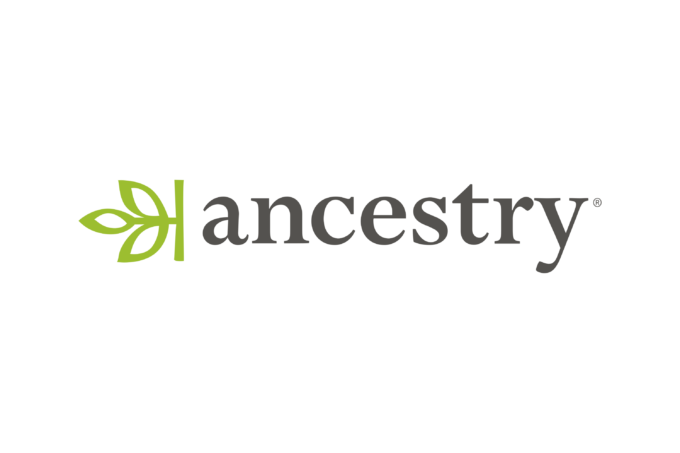 Is there a postal worker in your ancestry? These 147,020 UK postal worker records on 278,540 sheets, usually two sheets per person, are handwritten onto pre-printed forms, with later records typed. The source for the original data is The Postal Museum.
Is there a postal worker in your ancestry? These 147,020 UK postal worker records on 278,540 sheets, usually two sheets per person, are handwritten onto pre-printed forms, with later records typed. The source for the original data is The Postal Museum.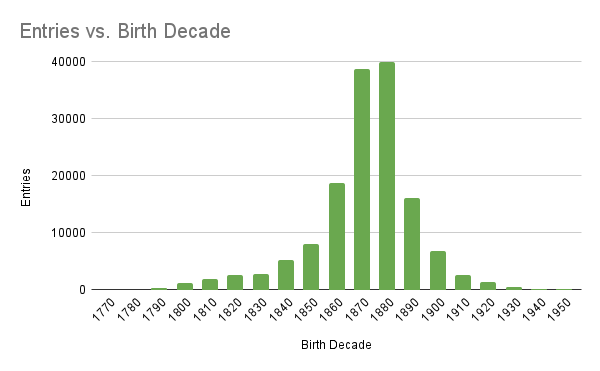



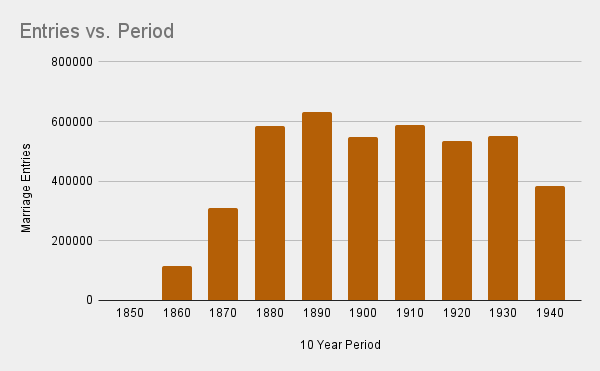
 Here is my personal selection of highlights from the February issue published on 12 January. I read it through the Ottawa Public Library subscription to PressReader.
Here is my personal selection of highlights from the February issue published on 12 January. I read it through the Ottawa Public Library subscription to PressReader. The weather outside may be frightful, but BIFHSGO’s delightful meeting this Saturday, 13 January, goes ahead totally online. Let it snow, let it snow, let it snow!
The weather outside may be frightful, but BIFHSGO’s delightful meeting this Saturday, 13 January, goes ahead totally online. Let it snow, let it snow, let it snow!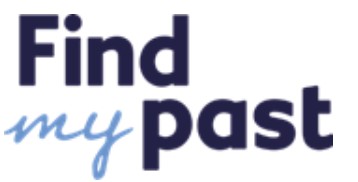 Anglo-Boer War Records 1899-1902
Anglo-Boer War Records 1899-1902 From MyHeritage, 371,696 records for those serving in the British Army and Air Force in 1920.
From MyHeritage, 371,696 records for those serving in the British Army and Air Force in 1920. UK Ordnance Survey Maps, published in 1973, came out of copyright on 1 January 2024. The National Library of Scotland was on the ball, making 1,868 maps at scales of 1:1,250 to 1:10,560 available online. These include 1,151 detailed maps at scales of 1:1,250 and 1:2,500 covering areas in Scotland, and 717 less detailed maps at scales of 1:10,000/1:10,560 covering areas in England, Ireland, Scotland and Wales. More detailed maps for other areas are coming.
UK Ordnance Survey Maps, published in 1973, came out of copyright on 1 January 2024. The National Library of Scotland was on the ball, making 1,868 maps at scales of 1:1,250 to 1:10,560 available online. These include 1,151 detailed maps at scales of 1:1,250 and 1:2,500 covering areas in Scotland, and 717 less detailed maps at scales of 1:10,000/1:10,560 covering areas in England, Ireland, Scotland and Wales. More detailed maps for other areas are coming.